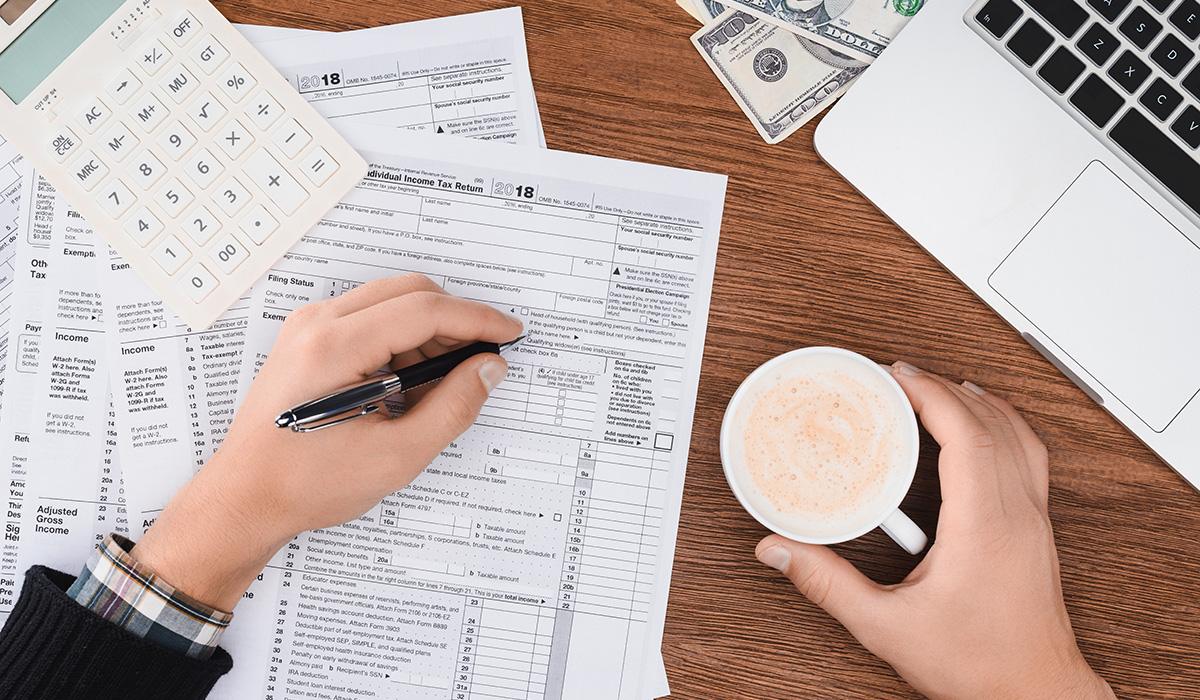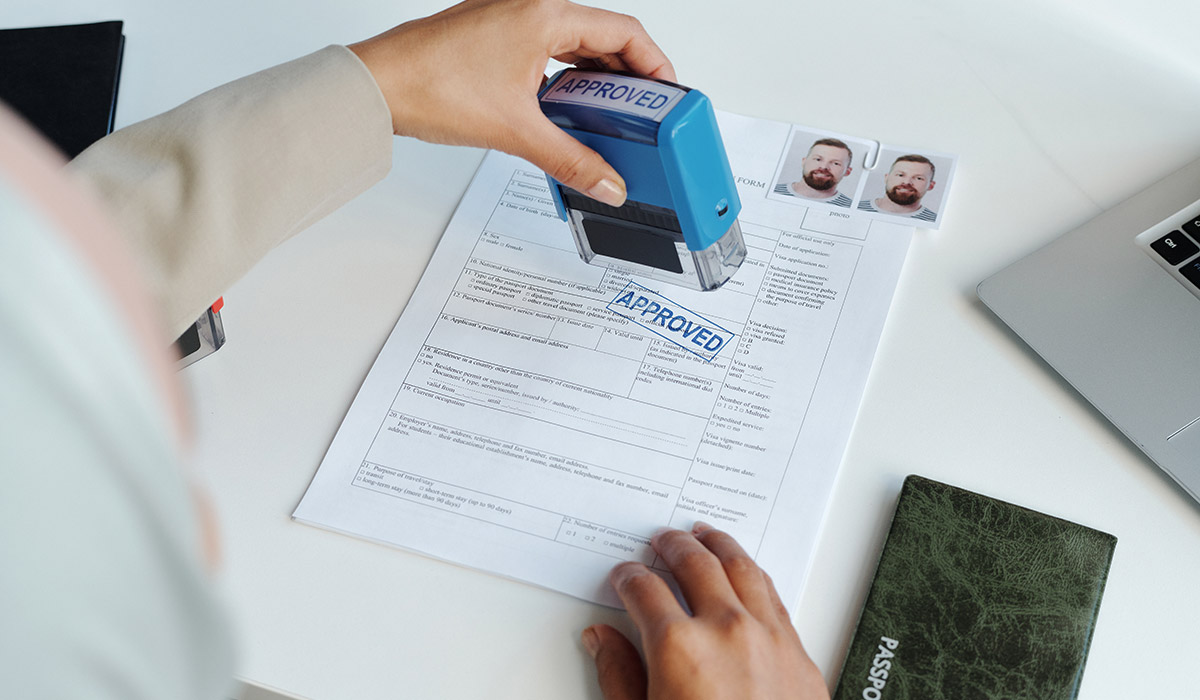
Malaysia SST Tax: What You Need to Know

The Malaysian government has transitioned from the Goods and Services Tax (GST) to the Sales and Service Tax (SST) system. GST was introduced in 2015 and discontinued in 2018 due to its impact on raising the cost of living for Malaysians. In its place, SST has been implemented, as it is believed to alleviate the burden on consumers by reducing living costs.
What It Entails
The sales and service tax comprises two distinct components: the Sales Tax and the Service Tax. Here’s a breakdown of each:
Sales Tax
Sales tax is a singular-stage levy imposed on all taxable goods sold locally, whether they are domestically manufactured or imported. The prerequisite for taxation is that local manufacturers must be registered. Sales tax rates vary based on the nature of the goods typically falling within the range of 5% to 10% in Malaysia.
Service Tax
The service tax in Malaysia is a consumption tax applicable to all taxable services offered by registered service providers. With the exception of certain exempted services, which include imported or exported services, the service tax rate remains constant at 6% for all other services.
The Advantages
The sales and service tax (SST) presents a compelling case as the preferred replacement for the goods and services tax (GST), boasting numerous advantages. SST’s simplicity renders it easily comprehensible compared to the previous system while also mitigating the occurrence of refund complexities. Additionally, SST empowers consumers by affording them greater control over their tax expenditures making it a more user-centric approach to taxation.
The Disadvantages
While the SST system offers benefits, it also carries drawbacks. A prominent disadvantage is its reliance on sales for taxation which imposes a financial burden on businesses.
Businesses Required to Apply
To qualify for sales and service tax registration, your business must meet specific criteria beyond simply offering taxable goods and services. One essential requirement is achieving a sales target of RM500,000 within a year, irrespective of whether these sales stem from goods or services. Once both conditions are met, registering for the sales and service tax becomes mandatory.
Service tax criteria may vary based on the nature of the services provided. Some services such as those offered by certified custom agents, credit card issuers, and credit card services, necessitate registration without a specific sales target. Conversely, certain services, like those related to food and drink provision, demand reaching a sales target as high as RM1,500,000 before qualifying for sales and service tax registration.
Registration
Once your business meets the RM500,000 or RM1,500,000 target for sales and service tax qualification, you must register with MySST within the following month. For instance, if your business qualifies on October 26th, you have until November 30th of the same year to register. If exempt, you still require a permit, which can be applied for on the MySST website.
Requirements for Foreign Companies
To be eligible for the sales and service tax in Malaysia, your company must maintain an office within the country. If you’re a foreign entity without a presence in Malaysia, you’re exempt from the goods and services tax. Additionally, voluntary registration for the tax isn’t an option; eligibility is based on meeting specific criteria, including having a permanent office in Malaysia.
Penalty for Neglecting SST
In Malaysia, failing to fulfill obligations related to sales and services tax (SST) can lead to severe penalties. Failure to submit SST returns or make payments can result in a jail term of up to three years or a fine of up to RM50,000. In some instances, both fines and imprisonment may be imposed. Late payments incur escalating penalties: 10% in the first month of delinquency, 25% in the second, and 40% if overdue by the third month.
Tax evasion carries weighty consequences with penalties varying based on the severity of the offense. First-time offenders may face penalties ranging from 10 to 20 times the SST owed, along with a potential five-year prison sentence or a combination of both. For repeat offenders, penalties increase significantly between 20 and 40 times the SST due and a potential seven-year jail term, or both. These stringent measures underscore Malaysia’s commitment to enforcing tax compliance and deterring evasion practices.
Premia TNC’s SST Tax Consultation in Malaysia
Premia TNC specializes in consulting services for sales and service tax in Malaysia. Our expertise extends to company registration, incorporation and accounting. Reach out to us to ensure your business stays compliant with tax regulations and avoids penalties. We’ll assess your eligibility for sales and service tax registration, providing guidance tailored to your needs.
Related Posts





















